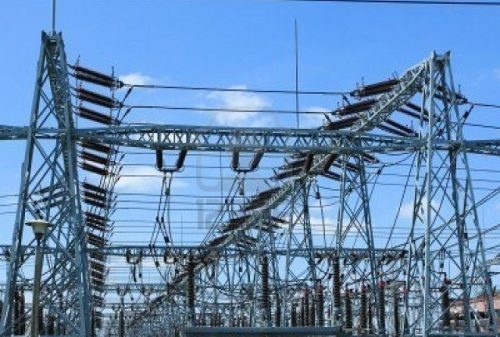
An ambitious initiative by the World Bank Group and the African Development Bank Group aims to provide electricity access to at least 300 million Africans by the year 2030.
According to a statement released by the World Bank Online Media Centre, the World Bank Group plans to connect 250 million individuals to electricity through distributed renewable energy systems or the distribution grid, while the AfDB Group is set to support an additional 50 million people in gaining access to electricity.
Recognizing access to electricity as a fundamental human right and a crucial element for successful development, the statement emphasized the importance of overcoming the current challenge where 600 million Africans still lack access to electricity, hindering progress in healthcare, education, productivity, digital inclusivity, and job creation.
The partnership between the WBG and AfDB Group signifies a strong commitment to address this pressing issue in Africa on a larger scale and with greater impact, guided by a comprehensive work plan aimed at building a stronger and more effective bank.
WBG’s President, Ajay Banga, highlighted the pivotal role of electricity access in development, stating that it is not only essential for economic growth but also vital for substantial job creation, stressing that the realization of this initiative hinges on collaborative efforts, ambitious goals, and collective action from governments, multilateral development banks, and the private sector.
In order to connect 250 million people to electricity, an estimated $30 billion of public sector investment will be required, with a significant portion expected to come from the International Development Association, the World Bank’s concessional arm for low-income countries.
Moreover, governments are urged to establish policies that attract private investments and revamp utilities for improved financial stability and efficiency, incorporating tariff mechanisms that safeguard the economically disadvantaged populations.
Once connected, the initiative has the potential to unlock private sector investment opportunities worth $9 billion in distributed renewable energy alone, with additional prospects for investments in grid-connected renewable energy to drive economic growth,” the statement highlighted.
NAN
